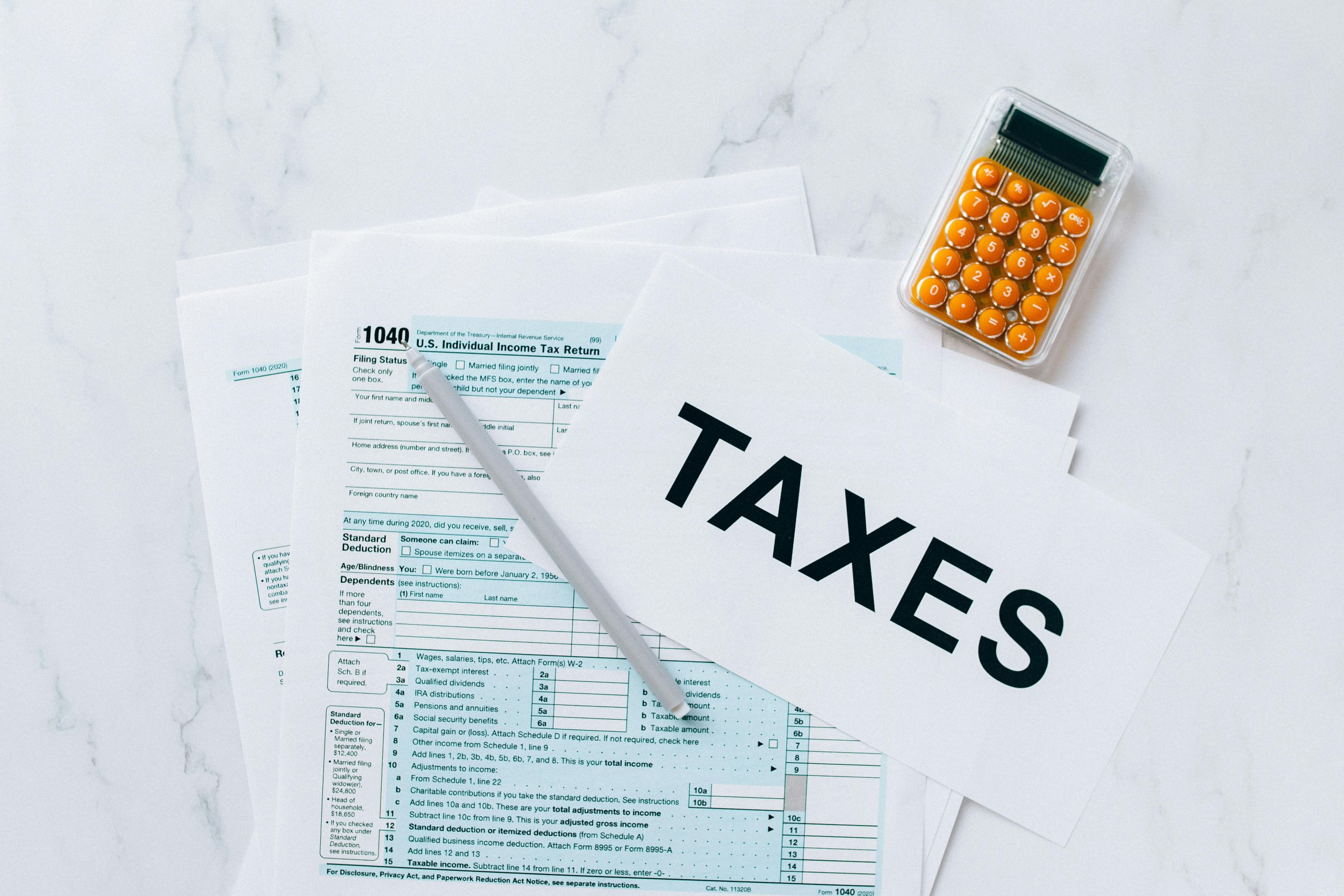Understanding Crypto Tax Settlement: What You Need to Know
As cryptocurrencies continue to grow in popularity, governments worldwide are implementing regulations to ensure that taxes are collected on crypto transactions. For investors and traders, understanding the process of crypto tax settlement is crucial to avoid penalties and maintain compliance.
What Is Crypto Tax Settlement?
Crypto tax settlement refers to the process of reporting, calculating, and paying taxes on cryptocurrency transactions. These transactions can include buying, selling, trading, or even earning cryptocurrencies through staking, mining, or other activities. Since cryptocurrencies are typically classified as assets, any profit or loss realized from them is subject to taxation in most countries.
Why Is It Important?
Failure to properly report crypto transactions can result in significant fines or legal repercussions. Tax authorities in several countries, including the United States, the United Kingdom, and many others, have increased scrutiny of crypto activities to ensure compliance. For individuals and businesses dealing with digital currencies, settling taxes accurately is essential to stay within legal boundaries.
Steps for Crypto Tax Settlement
1. Track All Transactions: Accurate records of all cryptocurrency transactions, including dates, values, and the nature of the transaction (purchase, sale, or exchange), must be maintained.
2. Calculate Gains and Losses: Similar to traditional assets, you need to calculate the difference between the purchase and sale price (capital gains or losses). This calculation is usually done using the first-in, first-out (FIFO) method unless otherwise specified by your country’s tax regulations.
3. File Reports on Time: Most tax authorities require you to report crypto-related earnings during the tax filing period. This involves including any crypto capital gains or losses on your tax return forms.
4. Use Crypto Tax Software: Given the complexity of tracking multiple crypto transactions, using specialized tax software can help streamline the process. These tools automatically calculate taxes and generate the necessary forms.
5. Seek Professional Help: Consulting a tax professional familiar with cryptocurrency regulations is highly recommended, especially if you have significant crypto holdings or complex transactions.
Challenges in Crypto Tax Settlement
– Volatility: Cryptocurrencies can be highly volatile, making it difficult to accurately report their value at specific times. It’s essential to record the fair market value at the time of each transaction to avoid discrepancies.
– Different Tax Treatments: Not all countries treat cryptocurrencies the same way. Some consider them as commodities, while others treat them as currencies or securities. Understanding how your local tax authority classifies cryptocurrencies is key to determining your tax obligations.
– Cross-border Transactions: For those dealing with international crypto exchanges or transferring assets across borders, tax rules can become even more complex, especially if you’re subject to multiple jurisdictions.
The Future of Crypto Taxation
As cryptocurrencies become more integrated into the global financial system, governments are expected to implement more stringent tax policies. New technologies such as blockchain analytics are also being developed to help authorities trace and verify crypto transactions. Staying informed about changes in tax laws and regulations is crucial for anyone involved in the crypto space.
Conclusion
Crypto tax settlement is an essential part of being a responsible cryptocurrency investor or trader. Properly tracking and reporting your transactions not only ensures compliance with tax laws but also protects you from potential penalties. As the regulatory environment continues to evolve, staying updated and seeking professional assistance when necessary can make the process smoother.[/vc_column_text][/vc_column][/vc_row]
